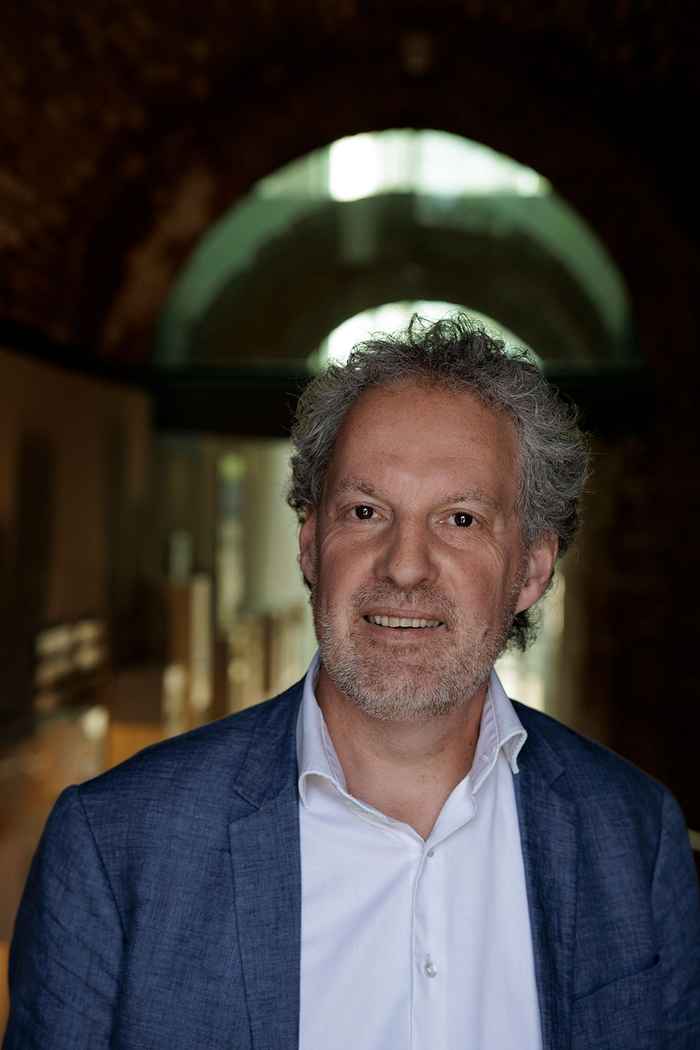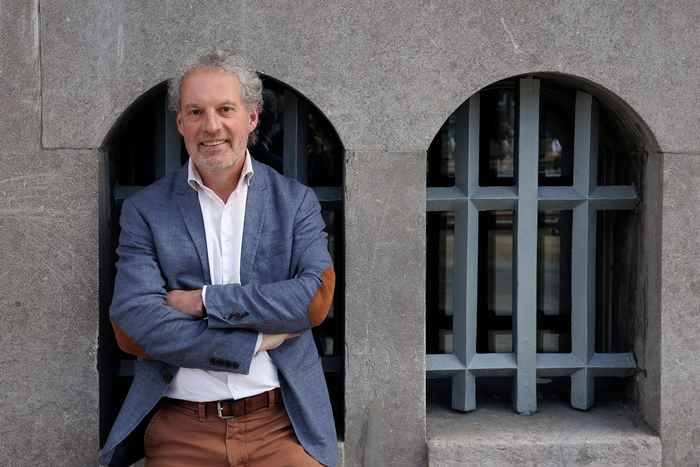Listening to the public
25 June 2025
Now that an attack on science is underway on the other side of the ocean, the position of science in society is more topical than ever, argues Dijstelbloem. ‘Here in the Netherlands, there are also all kinds of social challenges, such as misinformation, polarisation and climate change, as a result of which a strong connection between science, policymakers and the public is important.’
Counting birds and butterflies
Although research shows that faith in science is still high among Dutch citizens, there are still gains to be made when it comes to strengthening the bridge between science and the public, says the professor. ‘Take open science, for example. It is wonderful that more and more scientific publications are accessible to everyone. But how can we ensure that information actually reaches a broad audience too? What is necessary to achieve that?'
How can we better convey how the various scientific disciplines work, and how knowledge is created?
Another example is citizen science, states Dijstelbloem. ‘Citizens are increasingly involved in scientific research, from bird and butterfly counting days to digitising archives. But how do we ensure that all that collected data is reliable and can be used effectively? Another important question is: how can we better convey how the various scientific disciplines work, how knowledge is created and the uncertainties involved?
Bringing together methodologists
In order to tackle those types of issues, Shaping Interfaces Between Science and the Public is going to bring together methodologists from across the University of Amsterdam (UvA) as a whole – people who specialise in researching scientific methods and techniques. ‘Examples of this include philosophers of science and technology, but also methodologists in the field of law, quantum technology, psychiatry and digital humanities’, says Dijstelbloem.
‘Our goal is to enable people from all those different fields to collaborate with each other, while at the same time bridging the gap with society, for example by reaching out to people who are engaged in citizen science, but also science-oriented professionals, such as psychologists, and bodies that communicate with the public on a wide range of scientific topics like the Royal Netherlands Meteorological Institute (KNMI) or the Rathenau Instituut.

From mental health to generative AI
The researchers will be occupied with developing interfaces between science and society, says Dijstelbloem. ‘Those may be interfaces in a technical sense, but also in a more metaphorical sense. Examples of this could include developing apps to measure people’s mental state of mind, or organising citizens’ consultations on topics like nuclear energy or genetic modification; or developing ways to examine what generative AI entails precisely, together with the public.’
Moreover, it is of great importance that the researchers not only transmit, says Dijstelbloem. ‘It shouldn’t be the case that “our experts will come to briefly explain how it should be done”; above all, we want to learn a lot from the public – to listen to people. True collaboration.’
Public Methodology Centre
The development of the interfaces will take place in a newly established Public Methodology Centre, which will have a physical location at the Institute for Advanced Study (IAS). ‘My dream is to emulate Hull House,’ says the professor, ‘which was founded in Chicago by the sociologist Jane Addams at the end of the 19th century. It was a very accessible place, where scientists worked together with normal citizens on research into social themes, such as migration, alcoholism and domestic violence. It was a kind of science shop, which could be compared to the legal advice centre that we know today.’
Above all, we want to learn a lot from the public – to listen to people.
It would be great if the Public Methodology Centre could play a similar role in society, according to the professor. ‘Today’s problems are more global, of course, such as polarisation, digitisation and the emergence of authoritarian politics, but we need to find a way to make this happen once again within that context. Moreover, we hope to collaborate, of course, with a large number of social organisations.’
